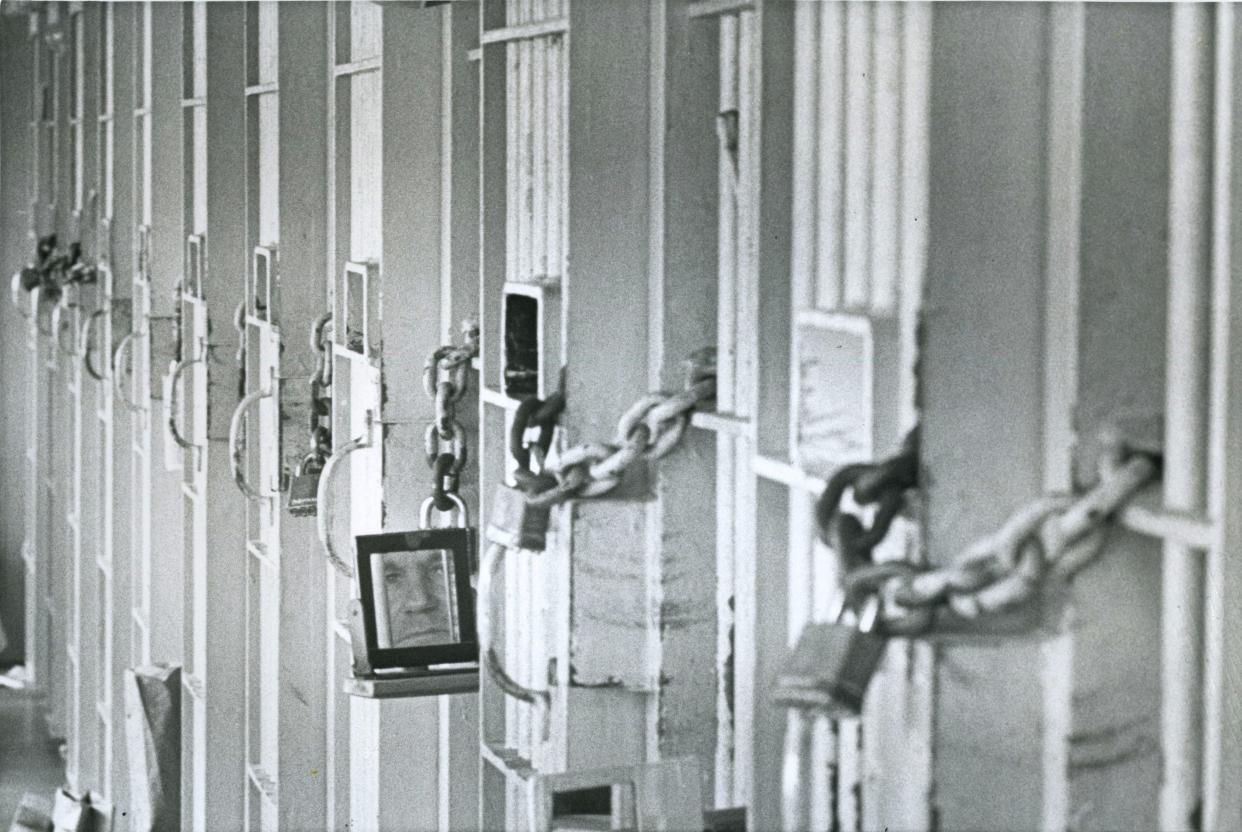Alabama Supreme Court limits review of errors in death row cases; advocacy groups concerned

The Alabama Supreme Court last week reversed longstanding Alabama law requiring appellate courts to review “plain errors” in death penalty cases. Advocacy groups strongly criticized the ruling and worry it may lead to wrongfully convicted people being executed.
Rule 45A of the Alabama Rules of Appellate Procedure previously mandated appellate courts to review potential violations of the constitutional rights of death row prisoners, even if those defects weren’t objected to at trial or brought up on appeal.
The high court’s new order eliminates the mandatory plain-error review process effective immediately. The court was split 6-3, with Justices Greg Shaw, Kelli Wise and Tommy Bryan dissenting.
The Equal Justice Initiative wrote that mandatory plain-error review has been responsible for nearly 40% of all reversals in Alabama death penalty cases.
Justice Jay Mitchell in a concurring opinion wrote that mandatory plain-error review takes hundreds of hours for an appeals court to complete, diverting resources away from other, non-death penalty appeals.
“Former Rule 45A thus imposed an extraordinary cost on appellate courts without a correspondingly clear benefit,” Mitchell wrote.
The dissenting justices recognized the burden of plain-error review, but also felt that the severity of the sentence warranted a thorough examination.
“[I]n these cases, the defendants' very lives are at stake, and I believe that such cases are entitled to heightened review on direct appeal,” Wise wrote in her dissent.
Alabama does not have a public defender system, and ineffective assistance of counsel at trial is a “pervasive and system problem” in the state, the ACLU of Alabama wrote in response to the order. Without Rule 45A, some violations won’t be reviewed — which could have grave effects.
"The Alabama Supreme Court’s appellate rule change is unnecessary, dangerous and will lead to wrongfully convicted people being executed,” said Alison Mollman, ACLU of Alabama’s senior legal counsel.
EJI wrote that mandatory plain-error review was particularly important in addressing racial discrimination in jury selection as prosecutors have routinely excluded Black potential jurors from serving on juries in capital trials.
The decision was made without input from the Alabama Appellate Rules Committee, EJI said, which usually researches and evaluates potential rule changes before the court imposes them. EJI called the rule change “unprecedented, especially for a critical and longstanding appellate rule that impacts the most serious cases.”
The order came the same day as another change to Alabama’s execution process, which granted the governor the power to set the timeframe of executions, allowing them to extend beyond midnight deadlines that have stopped the state's last two execution attempts.
Evan Mealins is the justice reporter for the Montgomery Advertiser. Contact him at emealins@gannett.com or follow him on Twitter @EvanMealins.
Your subscription makes our journalism possible. Subscribe today.
This article originally appeared on Montgomery Advertiser: Review of errors in death penalty cases limited by Alabama Supreme Court

